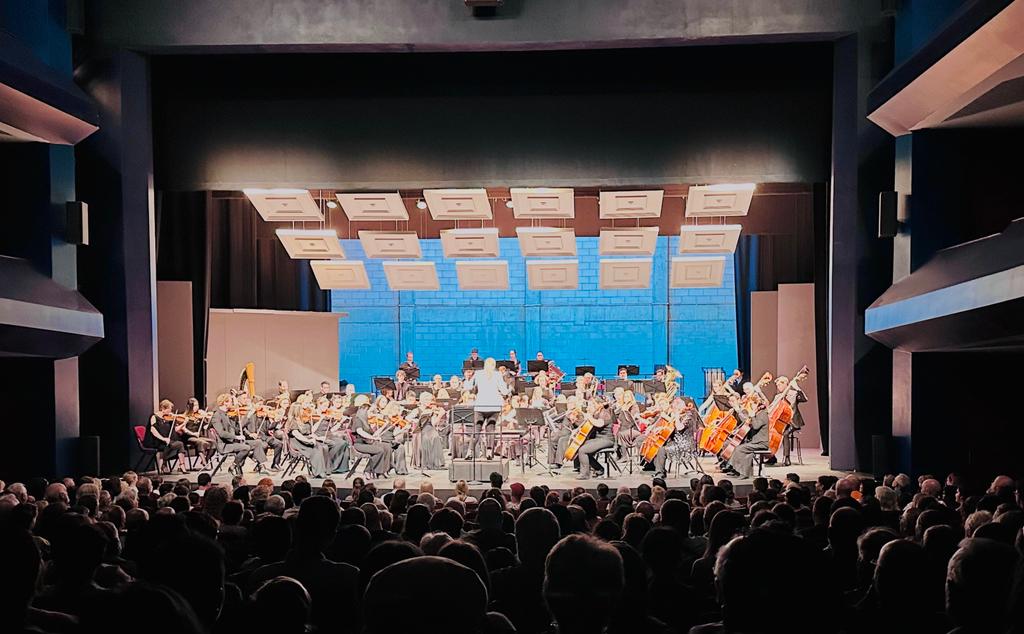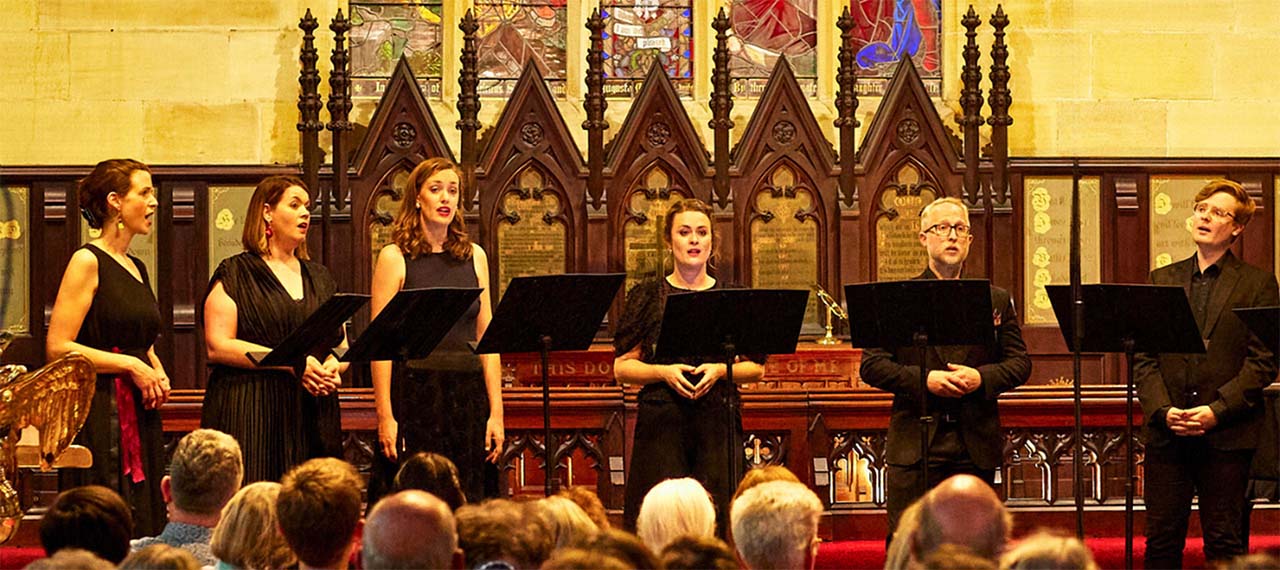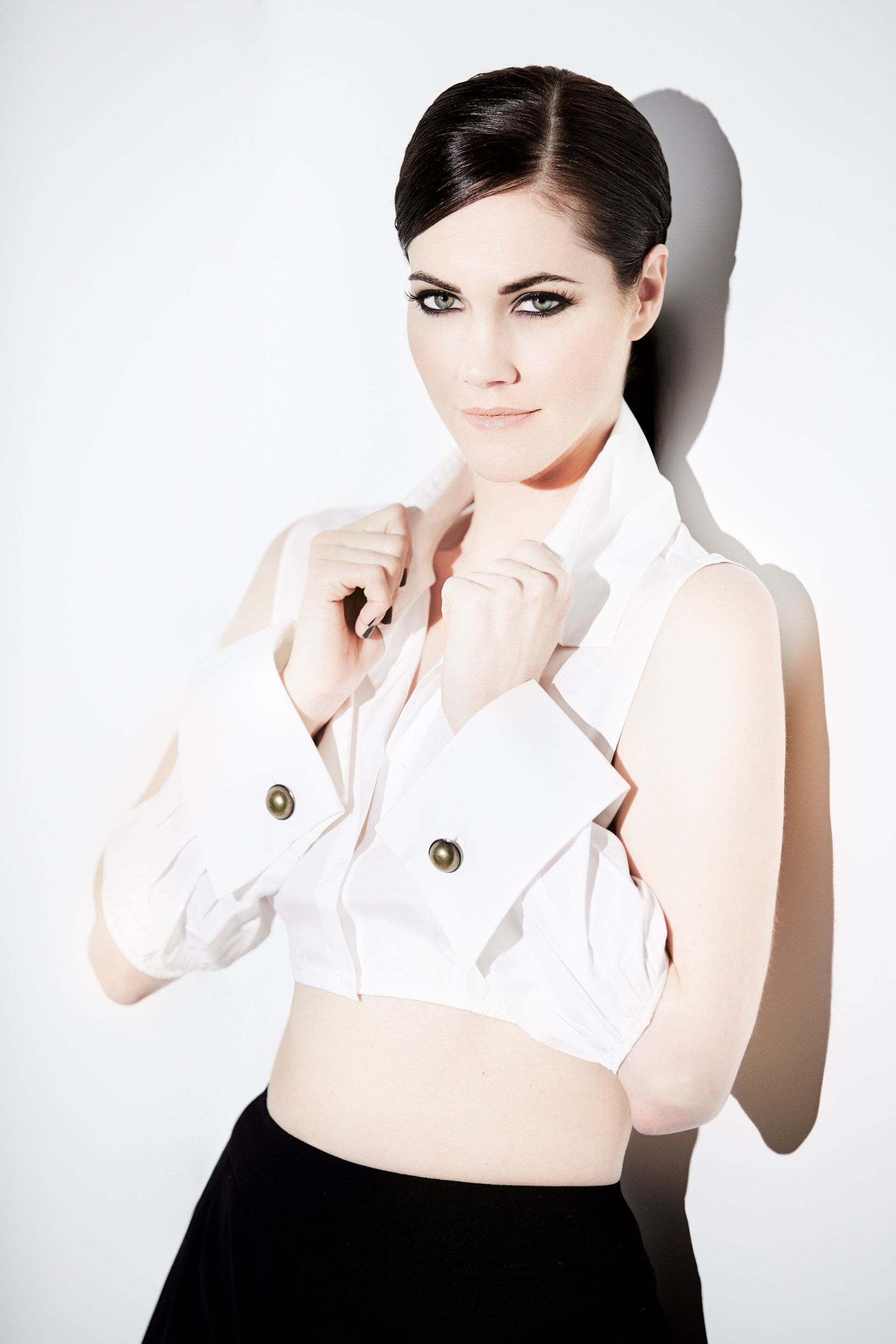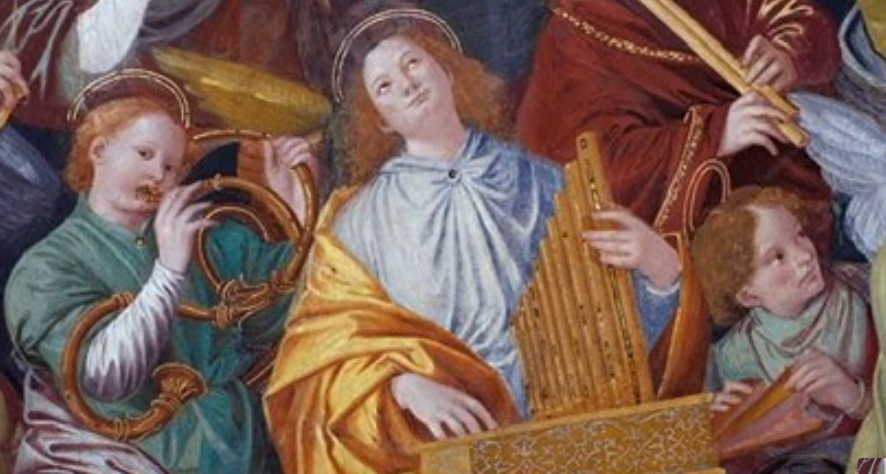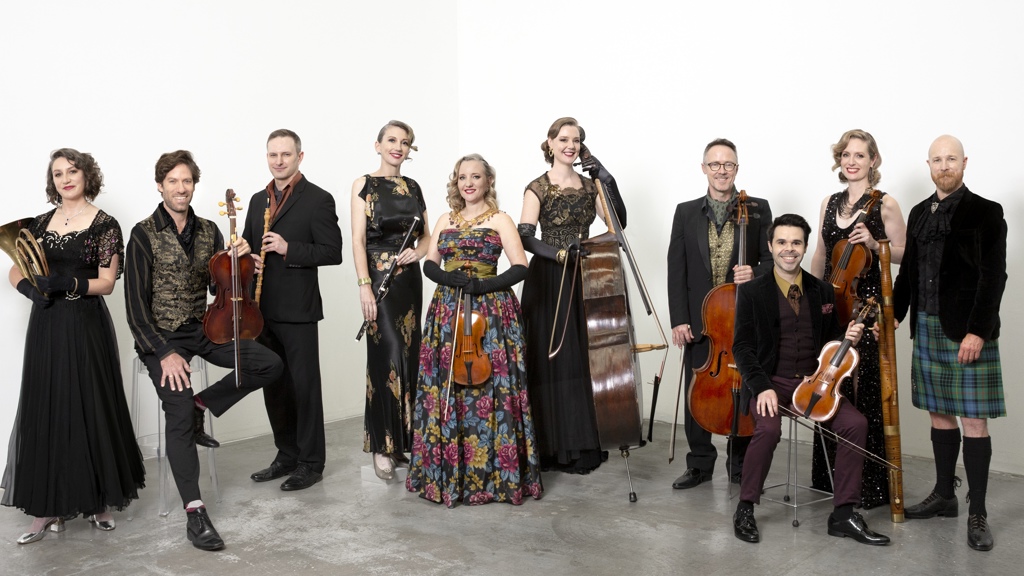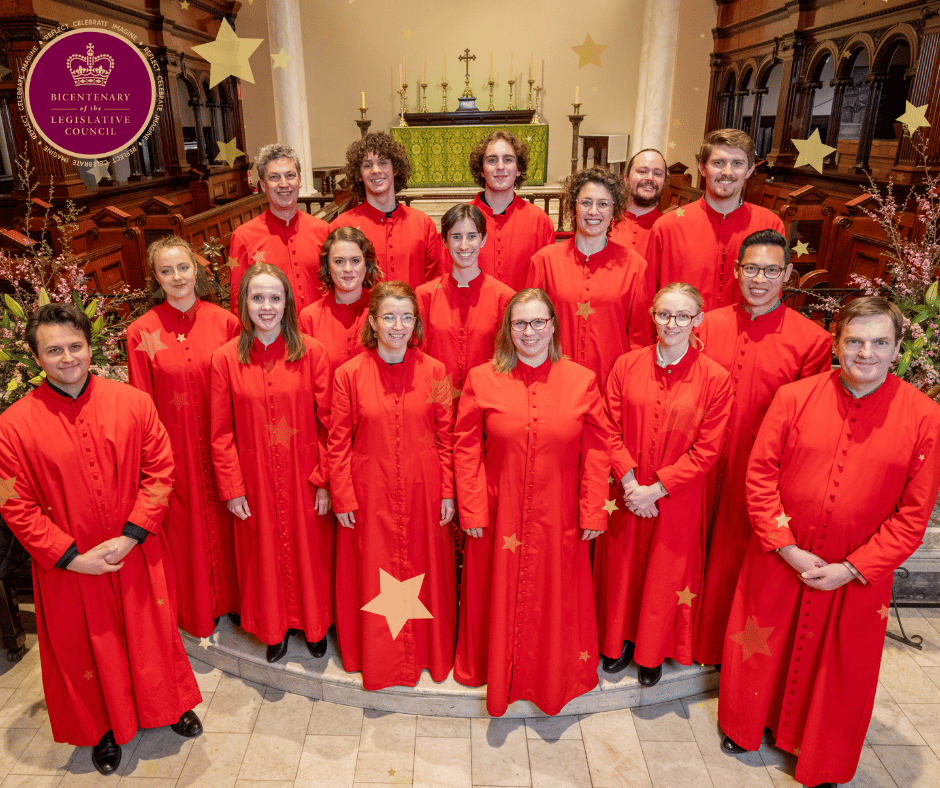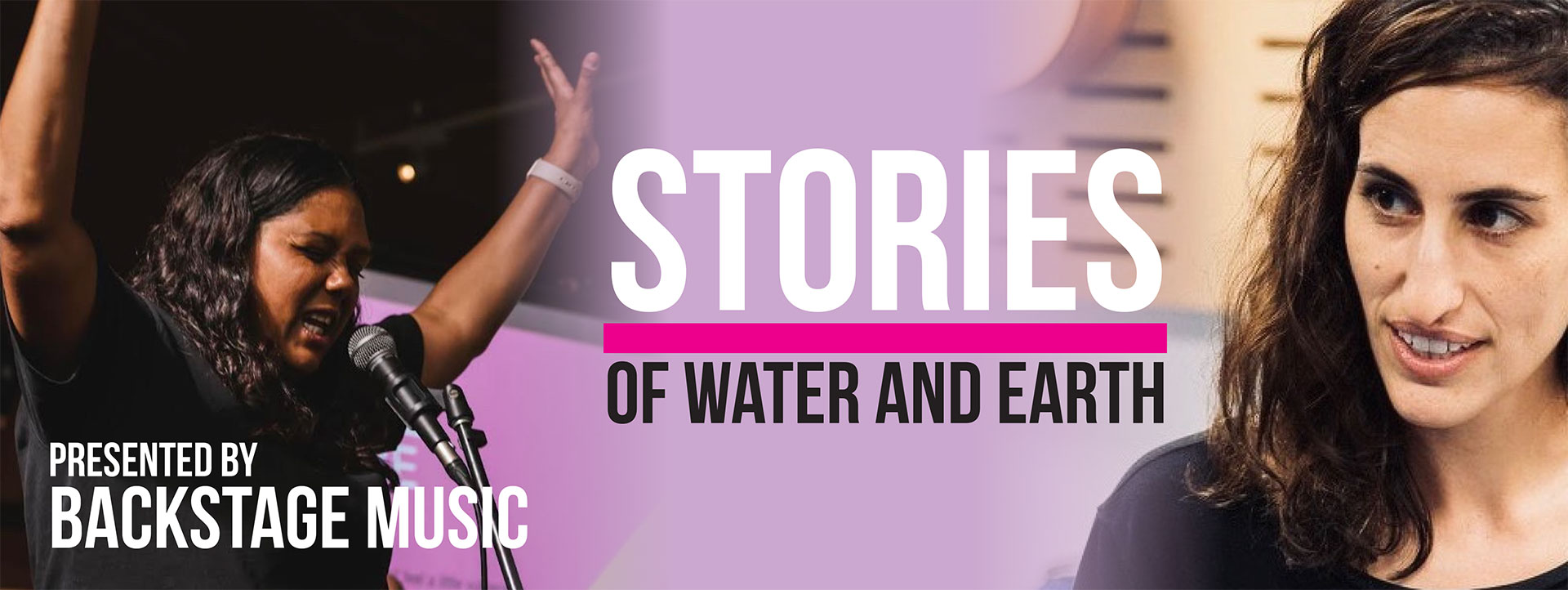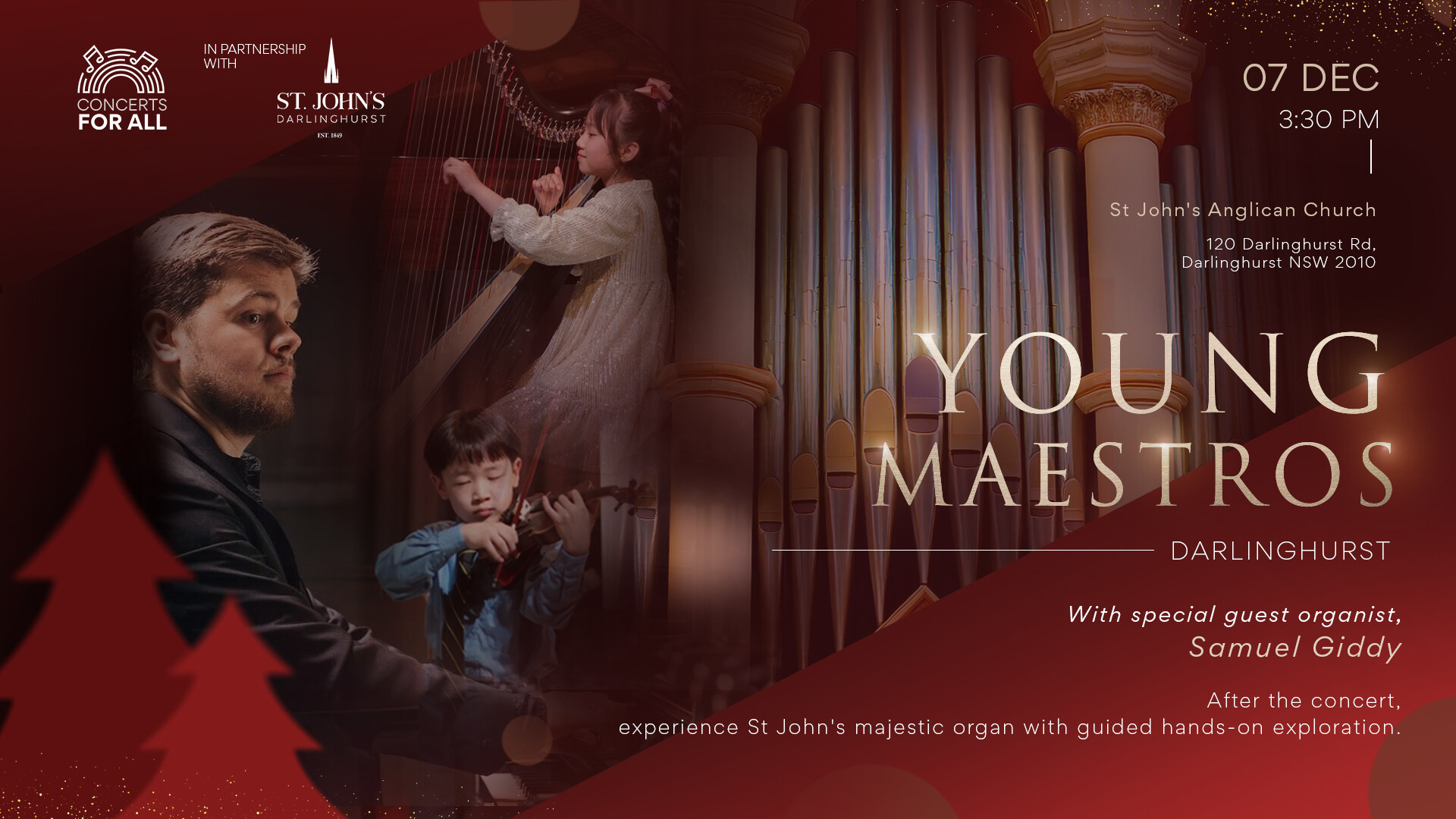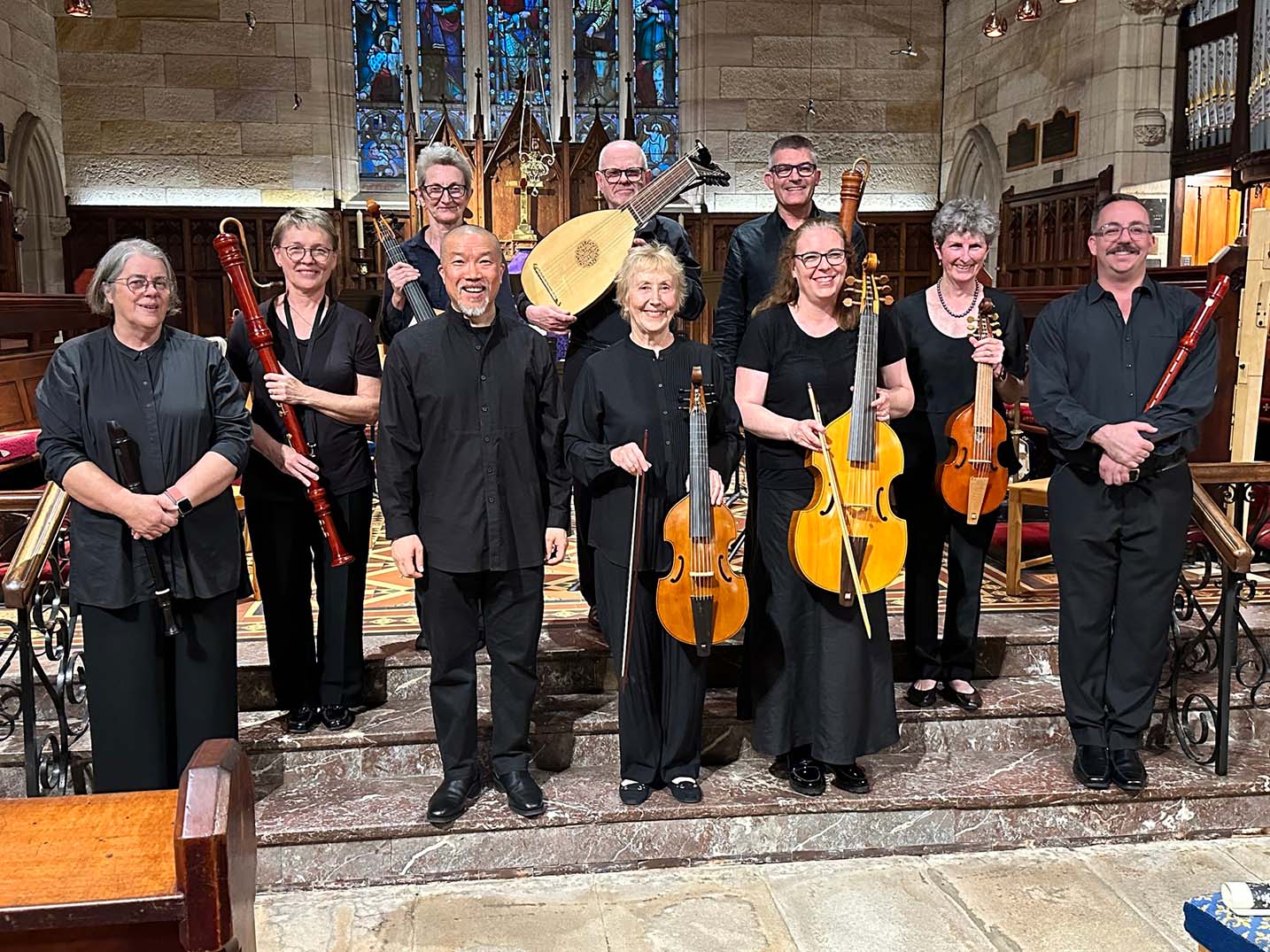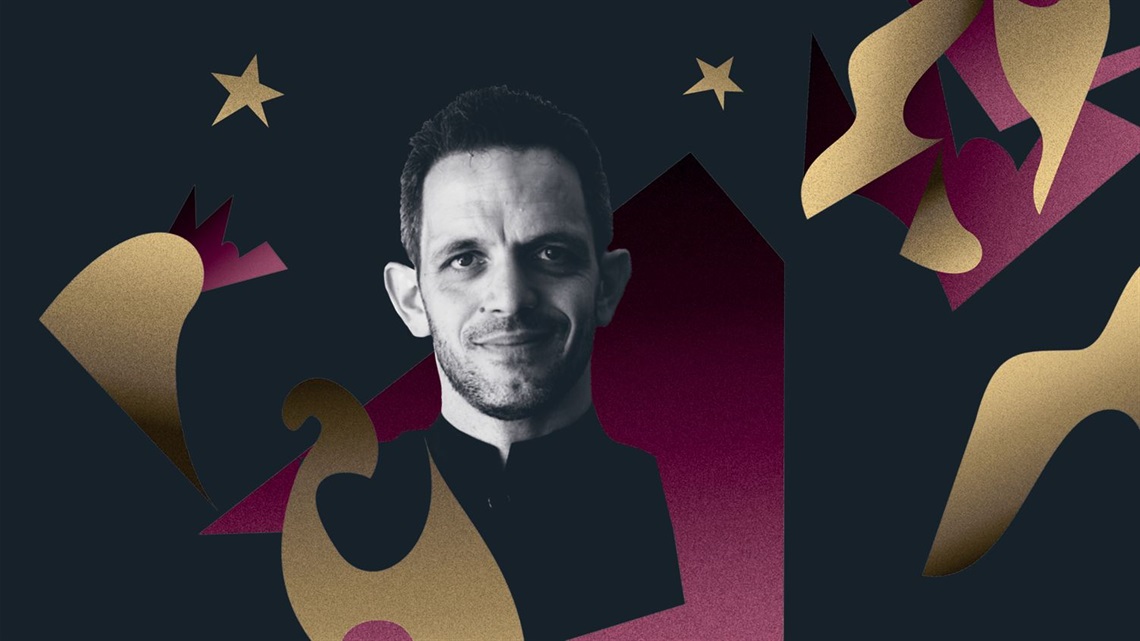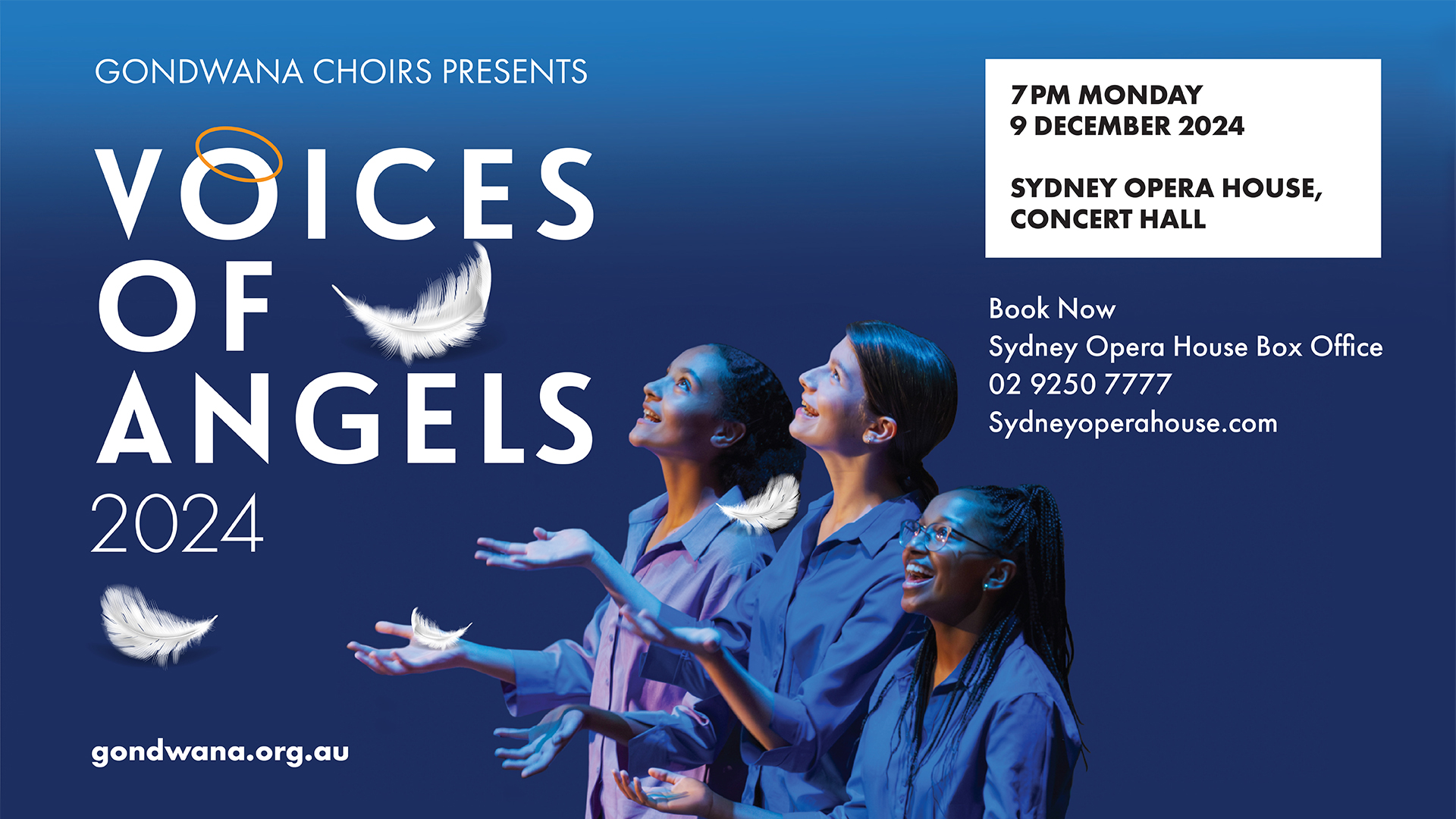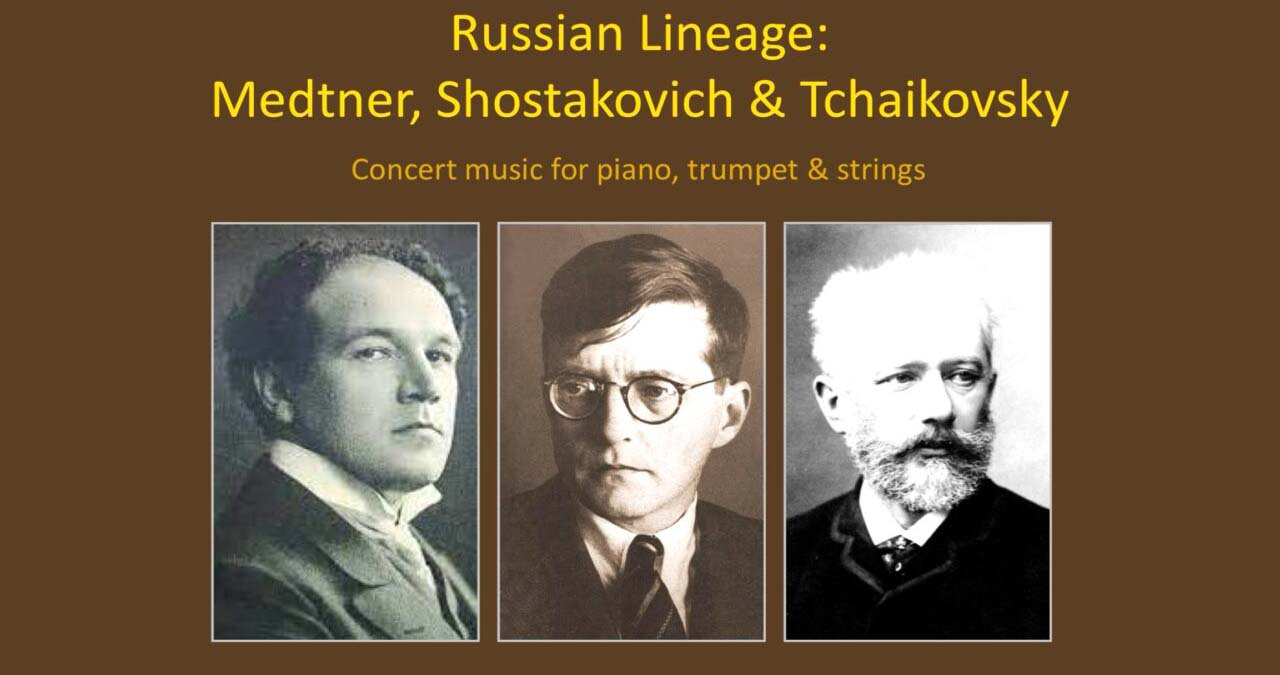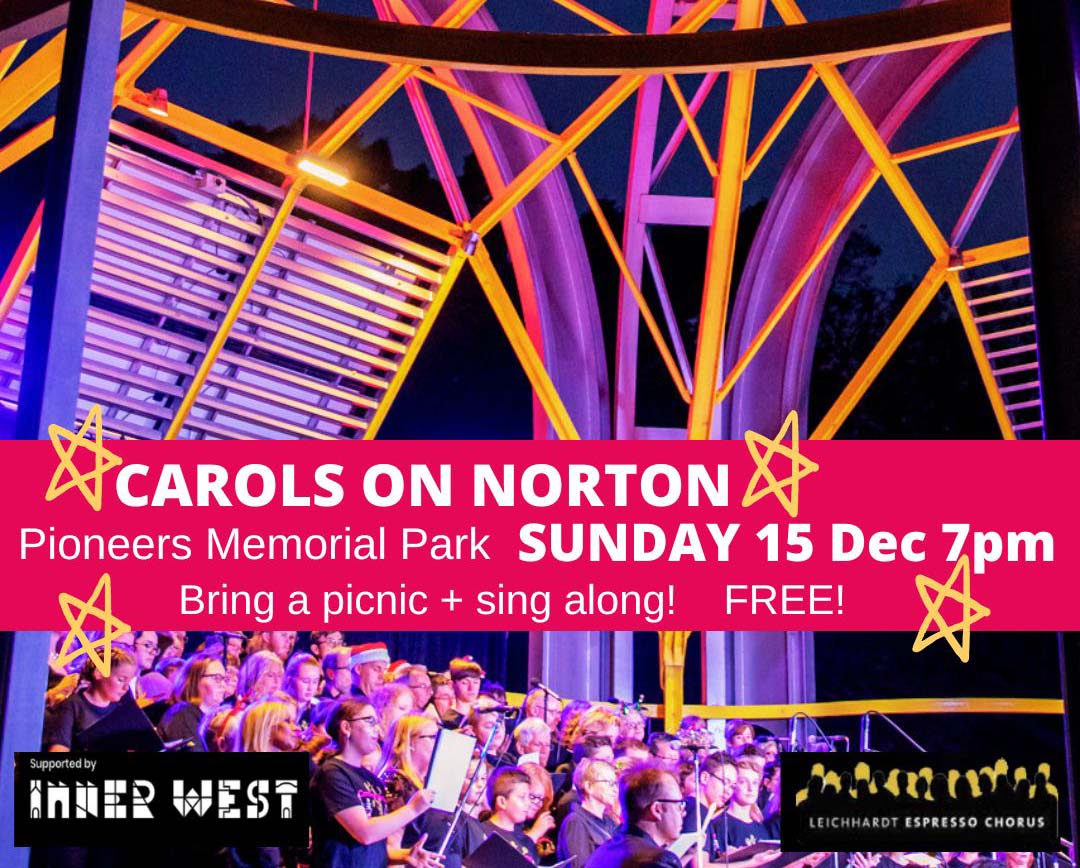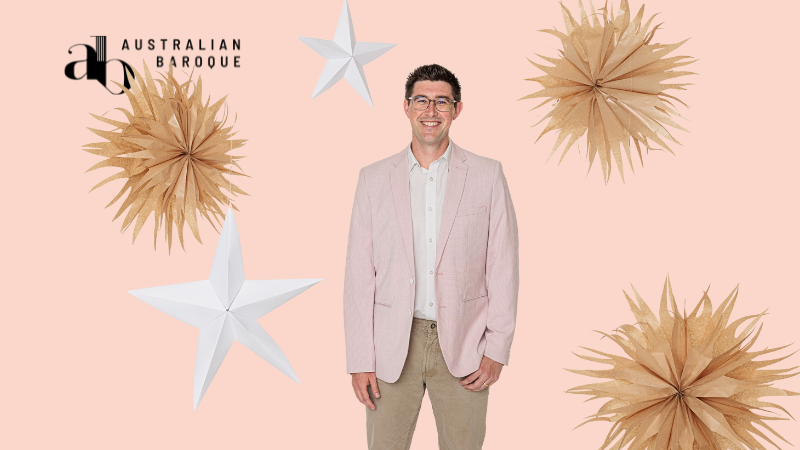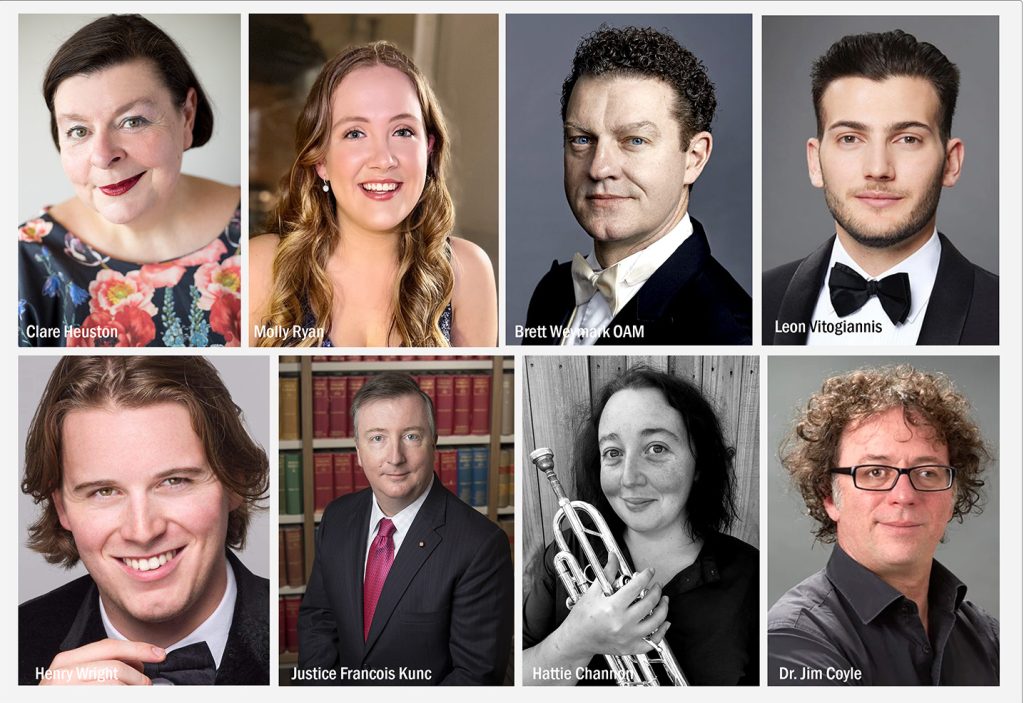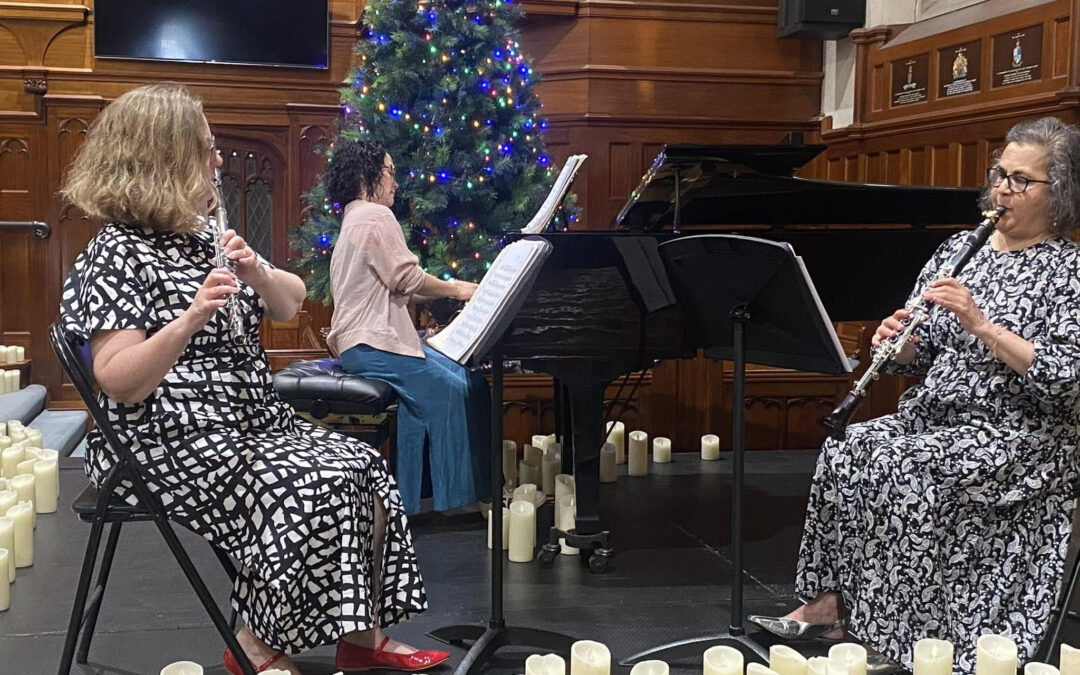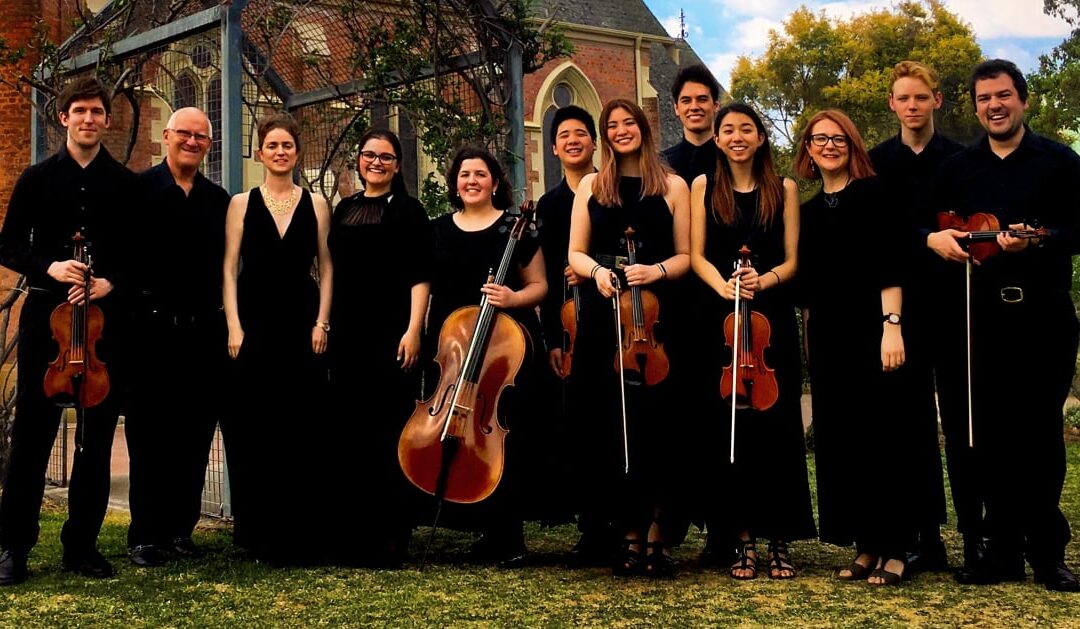The Metropolitan Orchestra | Hollywood in Concert
October 14, 2023, Riverside Theatres Parramatta
For more than a century the movies created by the Hollywood studio system have helped to shape our popular culture. Indeed, it’s hard to imagine a world without storytelling captured on celluloid as well as digital. So, I got to thinking about the evening ahead on my way to Parramatta’s Riverside theatre complex, riding on the 501 bus from the Fish Markets. I was especially eager to hear TMO’s latest offering – an orchestral feast in celebration of Hollywood film music.
How many composers, living and long departed, have had their work popularised by producers and directors in search of stirring accompaniments? Heaps. Sergei Rachmaninoff never wrote music specifically for film, yet his lush and evocative soundscapes have inspired movie soundtracks from Hollywood’s Golden Age up until today. OK, if ‘Rach’ wasn’t on the menu for Saturday night, then plenty of others were.
The venue was more or less packed out with young and old, everyone keen to get started. I like busy, I like engaged minds, and I like to learn. Sarah-Grace Williams is a born educator and introduced each composer with wit and good humour, putting context around each piece. Whatever the program, TMO adapts to its audience and performance space, although it’s hard to beat the acoustic resonance of Marrickville’s Town Hall (1922) which served generations of debutantes making their entry to society, dance bands playing 20’s Charleston, and those baby boom 50’s silver bodgies bopping around on that marvellous wooden sprung floor.
Back to our story…
John Williams – Superman March
Let’s talk about John Williams’ Superman March from the 1978 film. Enter Sarah-Grace stage right to the sound of drums and brass, which do their stuff admirably. I have a soft spot for loud – lots of it, especially from an orchestra. The piece is familiar to most of us and set the tone for the evening. Interestingly, we learned that having met Christopher Reeve, the actor who played Superman, John Williams immediately jumped to the conclusion that Reeve, indeed, was the embodiment of our filmic hero. Inspired and inspirational, I say.
John Williams – ET. The Extra-terrestrial
Another Spielberg triumph that followed some years after Close Encounters of the Third Kind (1977), ET (1982) made a lasting impression on the imagination of little ones and adults alike. Here was a delicate, yet playful piece, I thought. Beautiful and gentle, just like our ET which was conjured up by Spielberg himself as a young child. Another lovely piece by the brilliantly industrious John Williams.
Klaus Badelt – Pirates of the Caribbean
Yet more interesting vignettes from our conductor before she raises the baton, this time introducing Klaus Badelt, a collaborator of Hans Zimmer. What you see on screen is what you get in sound, a jaunty jig-of-a-piece that takes in great sweeps of the wine dark seas upon which marauding pirates sailed. Predictably (and rightly so) a military drumbeat accompanies the brass and strings such that a mighty force is building and the expectation of piratical argy-bargy. Avast there, ye swabs! At times I wondered if Badelt’s score echoed the sound track of Mission Impossible. Or maybe I’m confusing it with the James Bond theme and those sonorous, blaring, blasting trombones. Does it really matter? We all loved it.
John Williams – Schindler’s List
Soloist, Victoria Jacono-Gilmovich, did justice to a piece that was emotionally powerful. Considering the dreadful subject matter of Spielberg’s 1993 film (look it up), I doubt if the same effect would have been achieved by, say, the flute. And I doubt if I was the only person in the house who shed a tear, moved as much by the music as I was by the inhumanity of it all – past and present.
Paul Dukas – The Sorcerer’s Apprentice
This work by Paul Dukas was written in 1897, many years before Walt Disney was inspired by it to create the animated film, Fantasia (1940). The piece is actually a symphonic poem based on a ballad by the German philosopher, Goethe. In brief, the story is about an old sorcerer who initiates an apprentice into the secrets of magic. One day when Mr Spooky had to leave, the apprentice remembered a magic formula to give life to a broom and make it do its job: fill a basin with water with buckets. Things go wrong when the apprentice can’t recall the formula to stop the miracle. The broom continues to bring water and gradually floods the house, etc, etc.
Bravo bassoonists and tuba who really give this piece some oomph, supported by a powerful string section that conjures up a sense of menace.
Danny Hoffmann – Batman theme
Danny Hoffmann wrote the theme to the TV series, The Simpsons. It’s enough to say that the Batman theme is dark, brooding and befits the character of the Joker, the epitome of evil.
Albinoni – Adagio in G
You can understand why Albinoni’s Adagio in G has been adapted to score so many films. This is TMO’s string section at its best, the brass and percussion players behind taking in the spectacle, instruments at rest. The Adagio is cerebral, perhaps the expression of someone reflecting on their life as it reaches the end point. Not wishing to sound mawkish, the appeal is universal in, and of, its power to invite self-reflection.
Jerry Goldsmith – Star Trek
Way beyond the heliopause we’re led on a journey through distant galaxies, the orchestra taking us on a leap of imagination into new (and scary) worlds with our warp speed voyagers. For at least 45 minutes we can forget the washing up. There’s nothing explicitly ‘heroic’ about this orchestral work; to my mind it sits more in the realm of a quest – a search – to understand and certainly to broaden our horizons. Then again, we find ourselves back to the archetypal military time beat because, yes, the crew of our beloved spaceship is actually on a military mission. The composer of the original film theme, Alexander Courage, who provided arrangements to accompany Captain Kirk’s log entries takes us there. And so does TMO. “Beam me aboard, Scottie.”
Beethoven – Symphony No. 7 Movement 2
Many in the audience were already familiar with Beethoven’s Symphony No. 7. Others might have recalled the film, ‘The King’s Speech’, where the part of King George VI is played by Colin Firth, opposite his speech therapist, Lionel Logue, played by Geoffrey Rush. It’s powerful stuff: the film and Movement 2. Need I say more?
John Williams – Star Wars theme
Once more, John Williams nails it in the Star Wars theme, the finale to this evening’s performance. And again, those wonderful trumpets making their clarion call to action. The forces of good are marshalled as the battle lines are drawn. There’s no going back for a piece that methinks was cunningly contrived to soften up the audience to a film about love and war. There’s a beautiful resolve into something lyrical as the horns make their entrance, followed by those lush strings, capping it all with a marching theme and the triumph of the forces of good. That really hit the spot.
I think we’d all have liked an encore, if only to see Sarah-Grace Williams conduct once more with her blue light saber. Nice touch, but does John Williams ever sleep?

